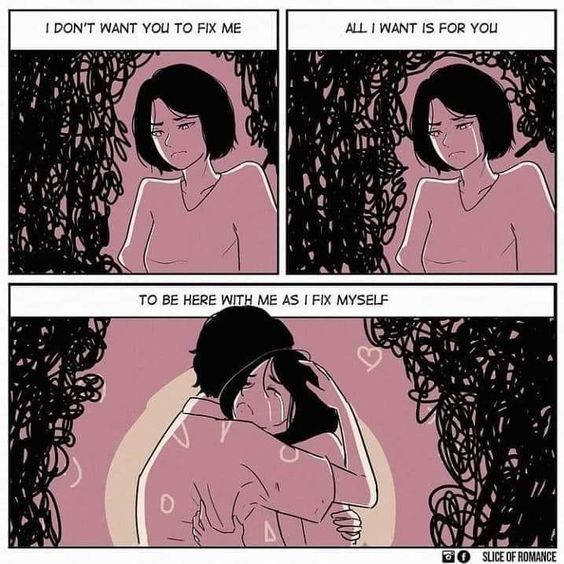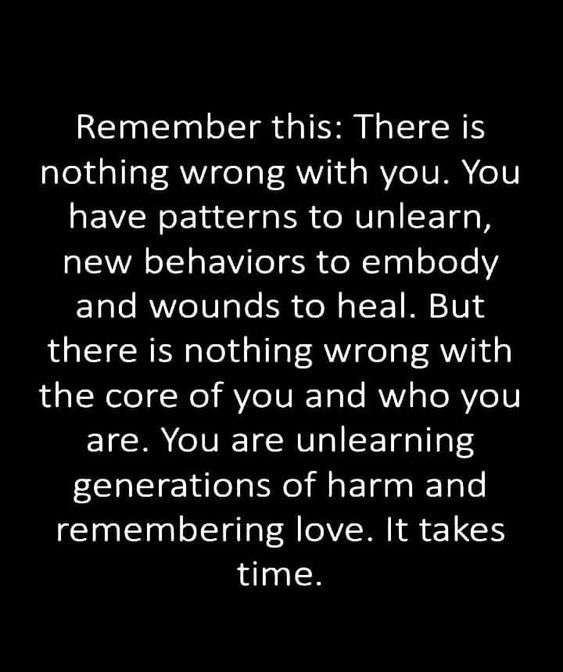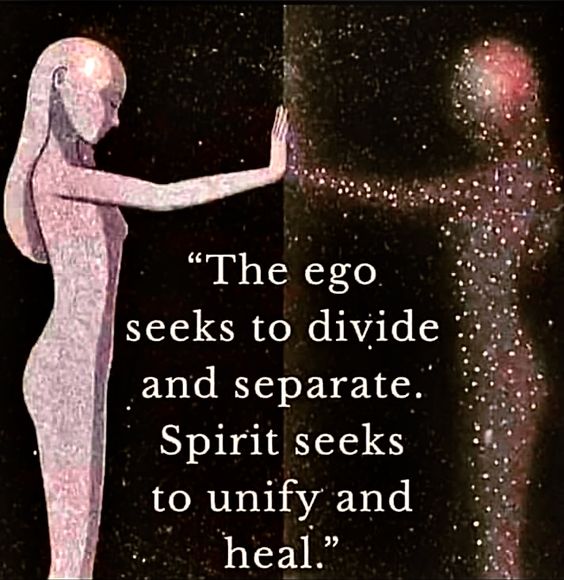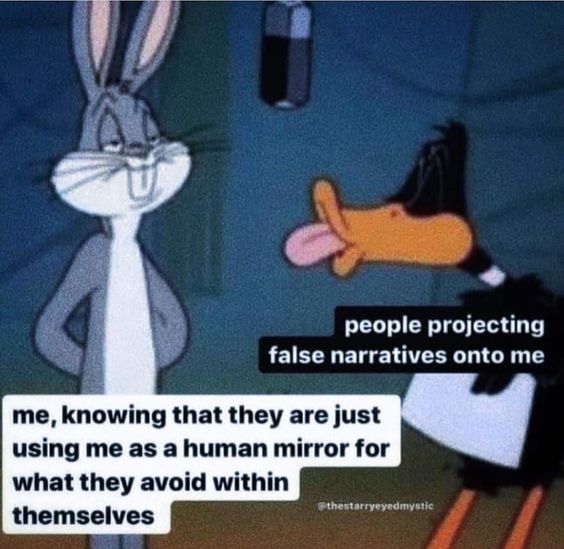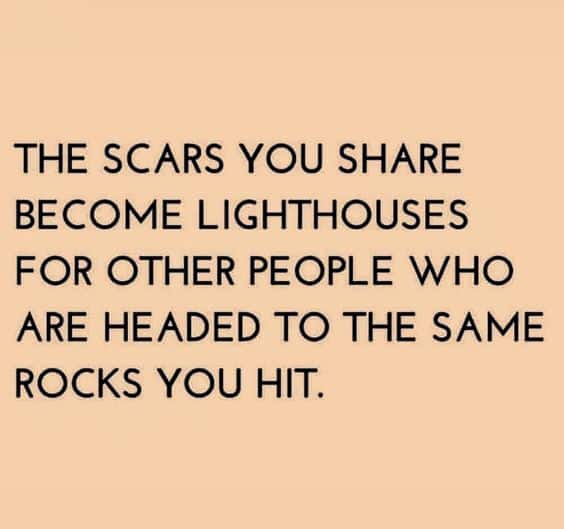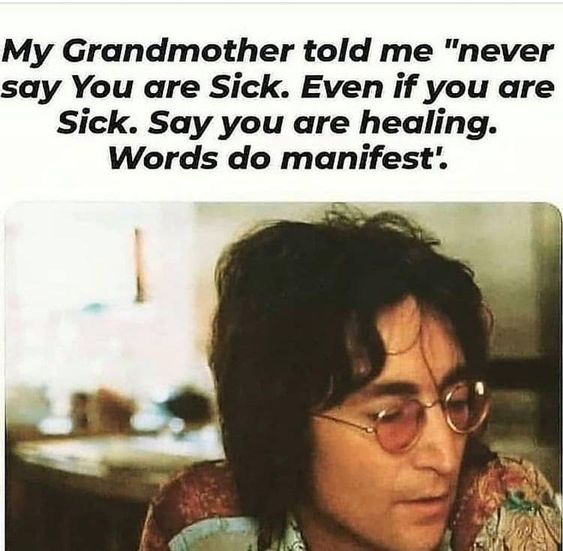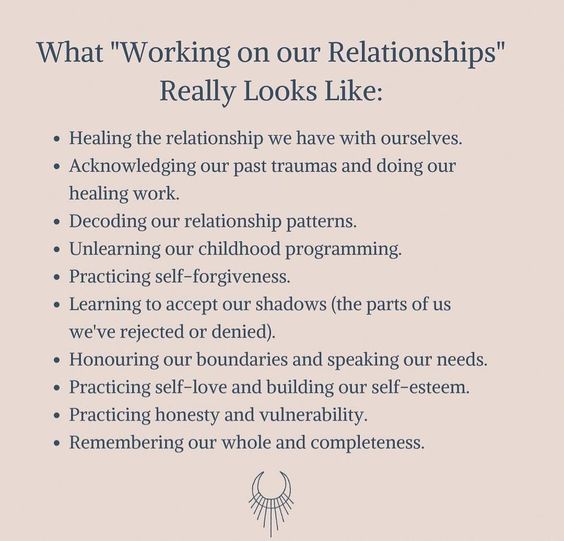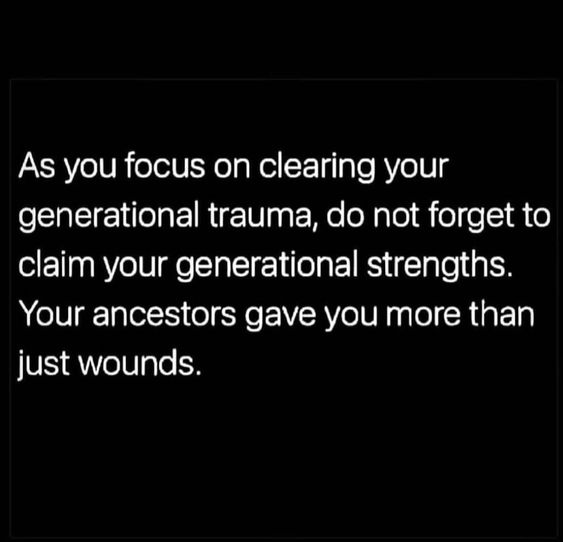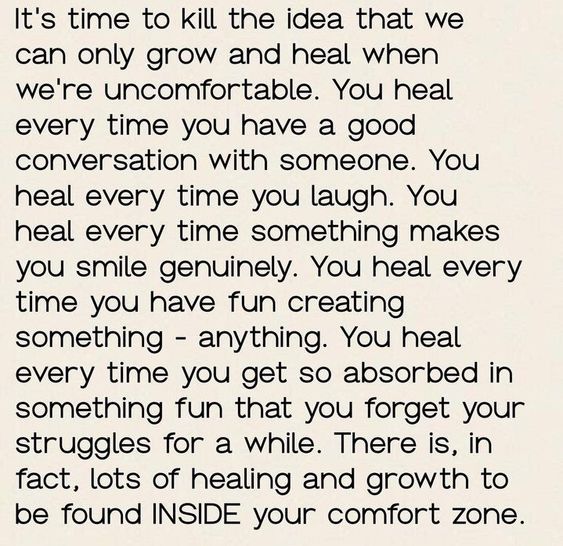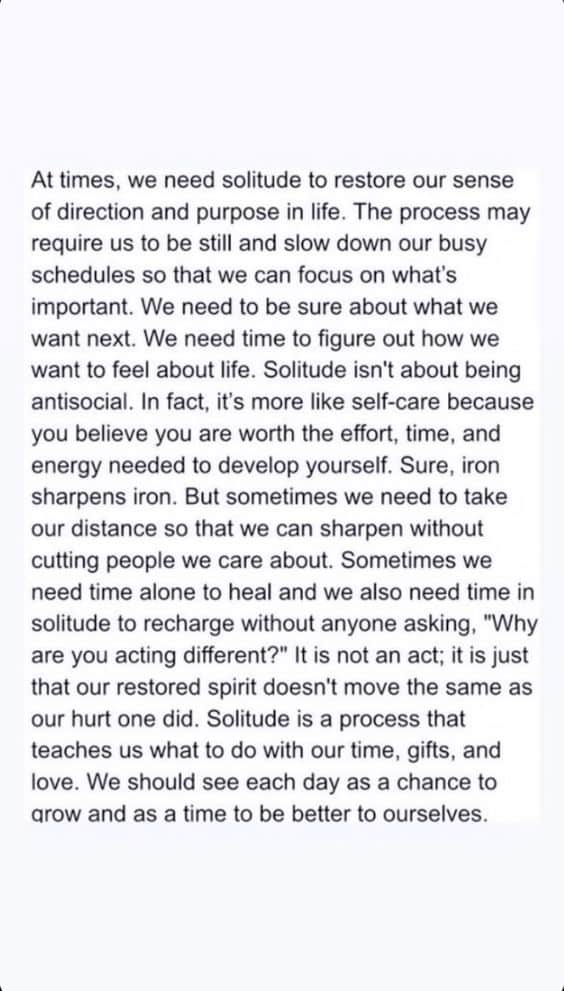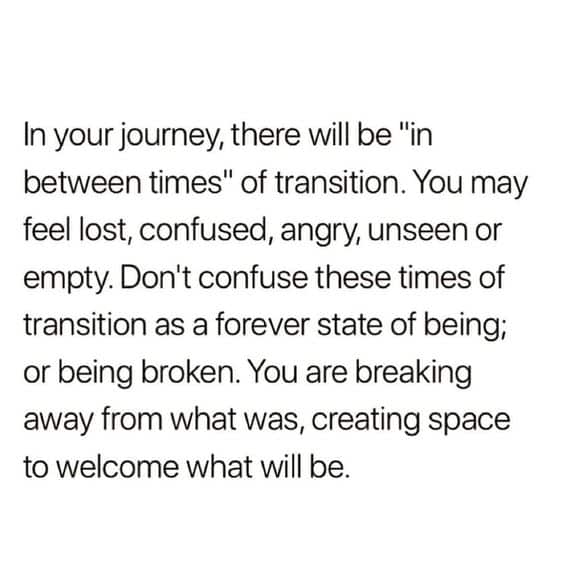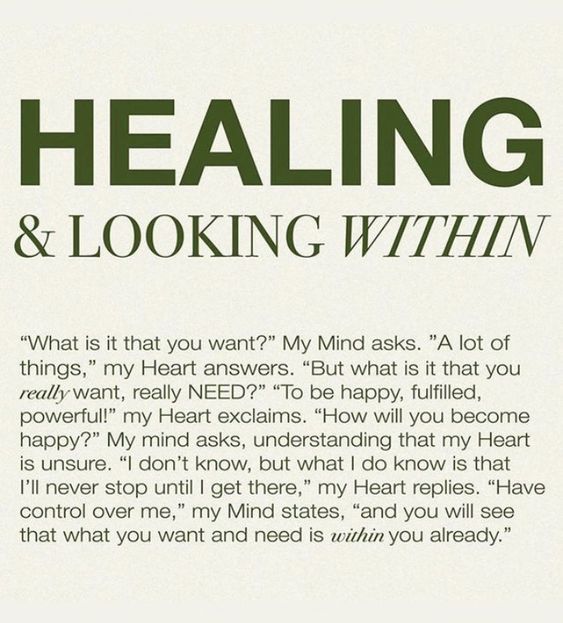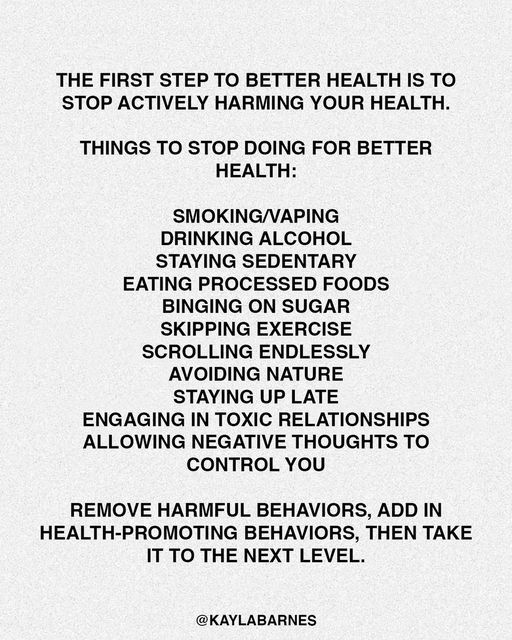“Before we find our way to forgiveness, we are stuck in anger. We may even want revenge, to return the pain that a person has inflicted on us. An eye for an eye. Revenge is the mode of ignorance—it’s often said that you can’t fix yourself by breaking someone else. Monks don’t hinge their choices and feelings on others’ behaviors. You believe revenge will make you feel better because of how the other person will react. But when you make your vindictive play and the person doesn’t have the response you fantasized about—guess what? You only feel more pain. Revenge backfires.”
Jay Shetty, Think Like A Monk (Page 39)
“One the day I moved to the ashram with six other new monks traveling from England, they told us to think of our new home as a hospital, where we were all patients. Becoming a monk, detaching from material life, was not seen as an achievement in and of itself. It simply meant that we were ready to be admitted to a place of healing where we could work to overcome the illnesses of the soul that infected us and weakened us.”
Jay Shetty, Think Like A Monk (Page 27)
“More than anything else, being able to feel safe with other people defines mental health; safe connections are fundamental to meaningful and satisfying lives. The critical challenge in a classroom setting is to foster reciprocity: truly hearing and being heard; really seeing and being seen by other people. We try to teach everyone in a school community—office staff, principals, bus drivers, teachers, and cafeteria workers—to recognize and understand the effects of trauma on children and to focus on the importance of fostering safety, predictability, and being known and seen. We make certain that the children are greeted by name every morning and that teachers make face-to-face contact with each and every one of them. Just as in our workshops, group work, and theater programs, we always start the day with check-ins: taking the time to share what’s on everybody’s mind.”
Bessel van der Kolk, The Body Keeps The Score (Page 354) | ★ Featured on this book list.
“People who feel safe and meaningfully connected with others have little reason to squander their lives doing drugs or staring numbly at television; they don’t feel compelled to stuff themselves with carbohydrates or assault their fellow human beings. However, if nothing they do seems to make a difference, they feel trapped and become susceptible to the lure of pills, gang leaders, extremist religions, or violent political movements—anybody and anything that promises relief.”
Bessel van der Kolk, The Body Keeps The Score (Page 353) | ★ Featured on this book list.
“Many psychiatrists today work in assembly-line offices where they see patients they hardly know for fifteen minutes and then dole out pills to relieve pain, anxiety, or depression. Their message seems to be ‘Leave it to us to fix you; just be compliant and take these drugs and come back in three months—but be sure not to use alcohol or (illegal) drugs to relieve your problems.’ Such shortcuts in treatment make it impossible to develop self-care and self-leadership.”
Bessel van der Kolk, The Body Keeps The Score (Page 351) | ★ Featured on this book list.
“People can learn to control and change their behavior, but only if they feel safe enough to experiment with new solutions. The body keeps the score: If trauma is encoded in heartbreaking and gut-wrenching sensations, then our first priority is to help people move out of fight-or-flight states, reorganize their perception of danger, and manage relationships.”
Bessel van der Kolk, The Body Keeps The Score (Page 351) | ★ Featured on this book list.
